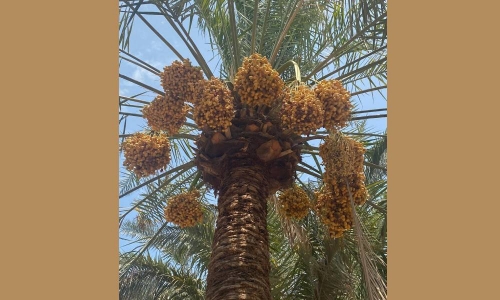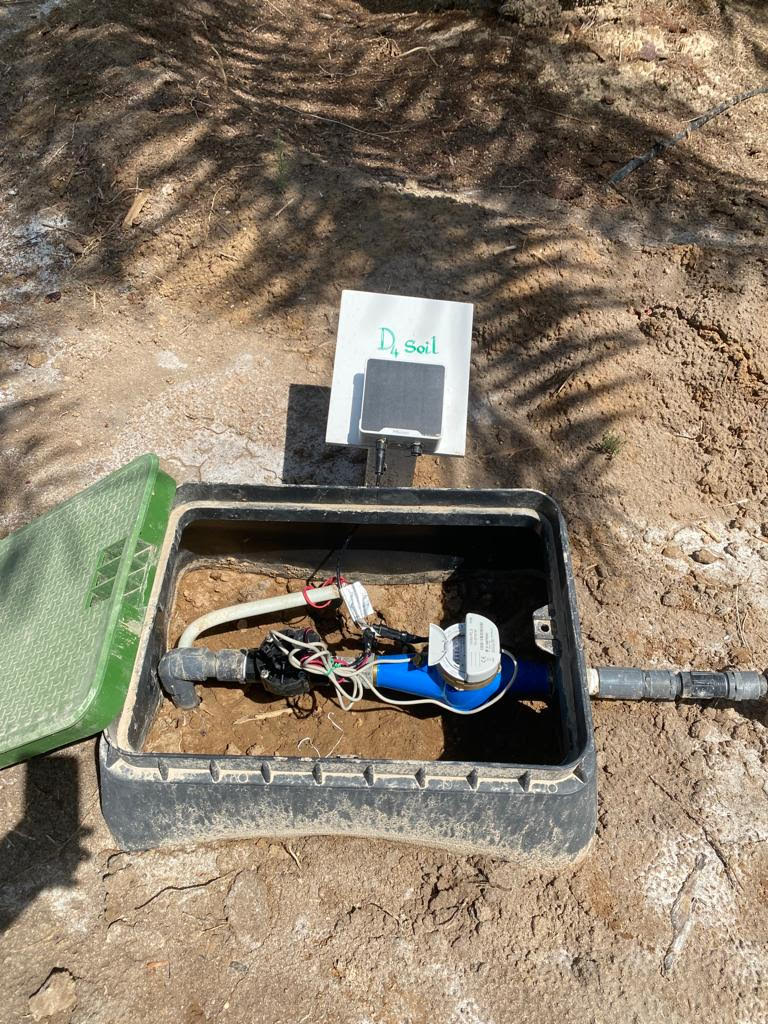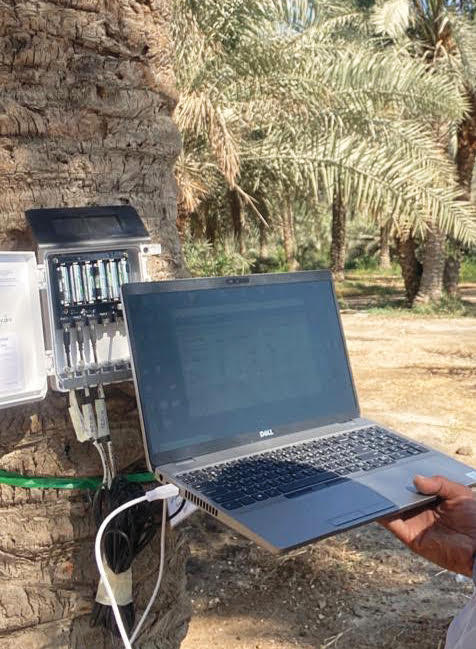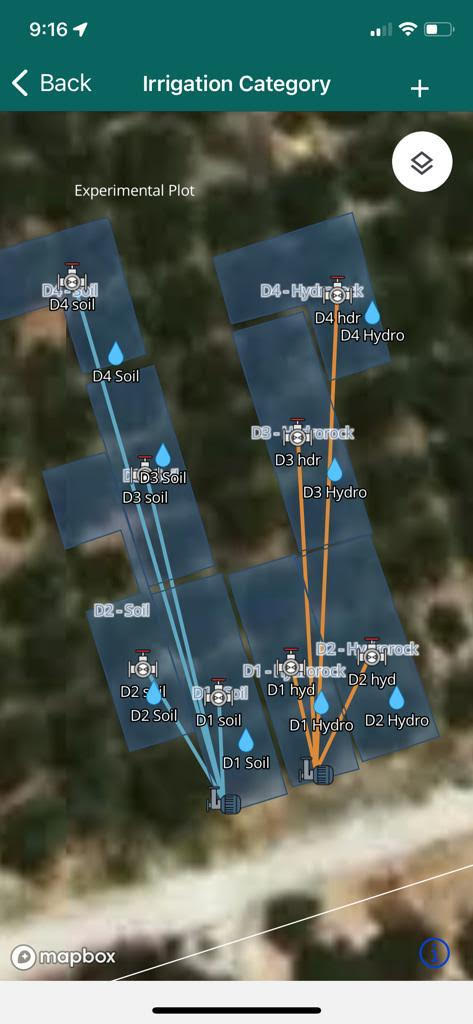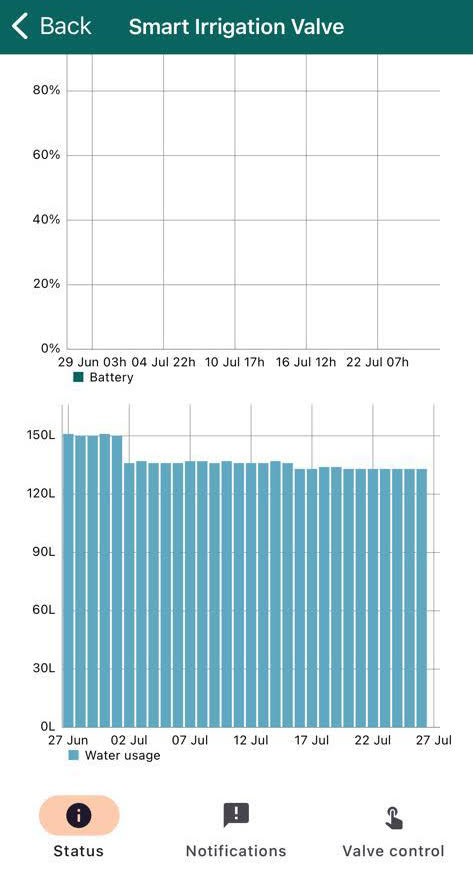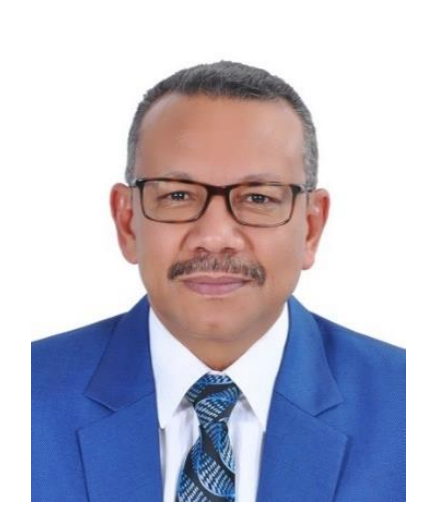Desert farming project achieves two-year milestone with smart tech
TDT | Manama
The Daily Tribune – www.newsofbahrain.com
Reported by Ashen Tharaka
The latest desert farming deficit irrigation project has been completed for two years, with a successful smart control application added in early May this year. The project expects to begin harvesting within 10 days.
This was revealed by Dr. Abdelhadi A.W. Mohamed, Sultan Qaboos Chair on Desert Farming and coordinator of the Desert Farming Techniques and Soilless Agriculture at Arabian Gulf University (AGU), in an exclusive interview with the Daily Tribune.
Two years ago, Dr. Abdelhadi (AGU) and experts from the National Space Sciences Agency (NSSA), Netherland Smart Farm Sensing (SFS), and the Ministry of Municipalities Affairs and Agriculture agreed to implement and investigate the effects of deficit irrigation treatments (ranging from 20% to 50% reduction) on date palm yield.
The first year was implemented successfully, but no clear differences in yield and quality indicators were observed due to deficit irrigation. However, it was difficult to obtain the actual applied volume using the conventional irrigation station programme, which is based only on time of application.
"To address this, we introduced a new smart system of irrigation control this year, replacing the old conventional irrigation stations that were based on manual time-based settings since May," said Dr. Abdelhadi.
Dr. Abdelhadi, along with the SFS team, including Dr. Laurens, SFS CEO, and Joost van der Gaag, integrated a smart irrigation control system that allows full remote control based on volume and time over the irrigation operations within the data management platform (AgrIOT).
This system allows for timely and efficient control using mobile or computer apps and wireless sensor networks for volume and pump operation, with almost real-time access to data and warning messages about any incomplete irrigation.
Additionally, the system can control smart valves and flow metres to maintain the water supply and enable real-time monitoring of trees through a mobile app. The smart control application employs sensors to monitor soil moisture, and the irrigation programme can be edited and applied using computers connected to the internet, communicating any changes to the field within a few seconds, depending on internet connectivity.
The irrigation programme is based on eight years of daily weather data and considers the age of the trees as well as soil physical and chemical properties.
This information is used to determine the amount of water required for irrigating the crops and when to irrigate them. Although the tested deficit irrigation had no or minimal effects on yield and quality, the application has been able to optimise the irrigation schedule, resulting in significant water savings.
Dr. Abdelhadi said: "Our research programme and interests are focusing on maximising water use efficiency, the development of drought-tolerant varieties, soil and salinity management, and innovative methods for supporting tree seedlings to increase survival rates during extreme heat and drought conditions."
He also highlighted that, along with improving food security and preventing pollution and soil degradation, Bahrain and the GCC are testing alternative food crops to achieve sustainability.
Smart irrigation controller
Checking the status of the tree
Soil moisture sensors (water drops) and smart controllers as they appear in the mobile AgrIOT App.
Last 30 days data shown in the system
Dr Abdelhadi A.W. Mohamed
Related Posts

